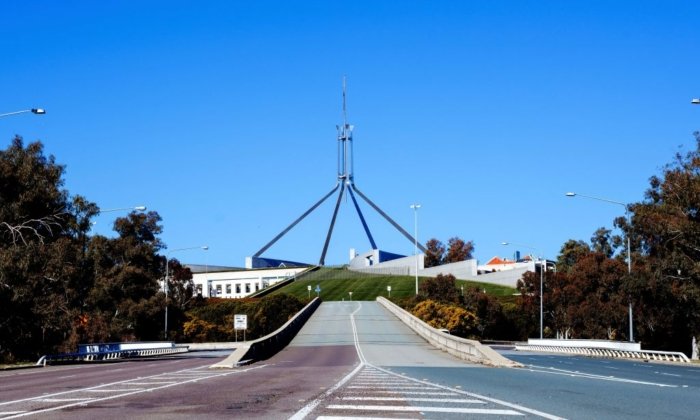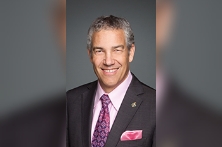Inquiry Suggests Tighter Control and Increased Transparency for Lobbying
Lobbying should be transparent and effectively regulated, according to various submissions made to an inquiry into the industry.
A parliamentary inquiry is currently investigating the level of access lobbyists have to Parliament and whether existing rules are sufficient. The majority of submissions argue that current regulations are inadequate.
The Centre for Public Integrity has recommended that the lobbying code, which governs interactions with government officials, be legislated to ensure compliance and enhance transparency. It is suggested that penalties for violations be included, and registration be refused to unsuitable lobbyists or those found guilty of breaches.
Research by the center revealed that organizations engaged in lobbying also donate to major political parties, with a disclosed amount of $43.5 million (US$28.6 million) since 1998/99. There has been a significant increase in donations over the past 25 years, rising by 555 percent in real terms.
Submissions indicate that most lobbyists donate similar amounts to both main political parties, indicating that donations are aimed at gaining access to the political process itself.
Furthermore, a large number of lobbyists seem to evade registration requirements, with instances of unregistered lobbyists making political donations in significant amounts.
Register Should Include Details of Meetings
The center advocates for expanding the definition of lobbying to encompass any efforts to influence parliamentary decision-making. They also call for the disclosure of diaries of ministers, shadow ministers, and their chiefs of staff, as well as expanding the information on the Register to include meeting dates and details between lobbyists and representatives.
The Australia Institute, a Canberra-based think tank, supports these reforms as well. They advocate for the reinstatement of unaccompanied passes to ensure fair access to Parliament House for all.
The Institute argues that the current pass system favors lobbyists and individuals with political connections, giving them privileged access to Parliament House. They emphasize the importance of democratic access to Parliament for all representative bodies, not just lobbyists and politically connected individuals.
Additionally, the Australia Institute calls for stronger sanctions to be imposed on those who violate the new lobbying laws, asserting that current rules lack adequate penalties for misconduct.
Concerns have also been raised about the restrictions between ending a government role and transitioning to working for lobbyists. Suggestions have been made to extend these restrictions to all MPs and increase the cooling-off period to five years.
Attorney General’s Department Disagrees
However, the Attorney-General’s Department disagrees with the need for changes, stating that the current Lobbyist Code sheds light on third-party lobbyists and their clients, fulfilling its purpose of bringing transparency to lobbying in the federal sphere.
The Australian Professional Government Relations Association supports this stance, believing that the current system effectively allows necessary access to Parliament House for work purposes.
Several states in Australia and other jurisdictions like the UK and Canada have already implemented measures such as diary disclosures and fines for serious breaches of lobbying laws.
1,800 Passes for Parliament, Majority to Lobbyists
Professor Anne Twomey noted in her submission that nearly 1,800 passes have been issued for Parliament House, with the majority going to registered lobbyists. This unequal distribution of passes gives lobbyists an advantage in influencing politicians.
She argues that this imbalance opens the door to undue influence and potential corruption, calling such opportunities unwise and inappropriate.
The Grattan Institute also supports reforms to the register and the publication of ministerial diaries, believing that increased public scrutiny can lead to a wider range of perspectives being considered in policy development.
The Institute’s research has shown a connection between money and politics, highlighting the influence of well-resourced groups, particularly big businesses and unions, on policy decisions.
From within the industry, government relations firm Hawker Britton suggests that lobbying definitions should focus on activities rather than business models. They support Senator Jacqui Lambie’s proposal to consider anyone with a sponsored pass as a lobbyist and subject them to the Lobbying Code of Conduct.
Associate Professor Yee-Fui Ng recommends integrating all relevant information on lobbying activities, political donations, lobbyist registers, ministerial diaries, investigations into misconduct, parliamentary access pass holders, and other details into a centralized platform.
A total of 120 submissions were received by the Senate Standing Committee on Finance and Public Administration on this topic.





